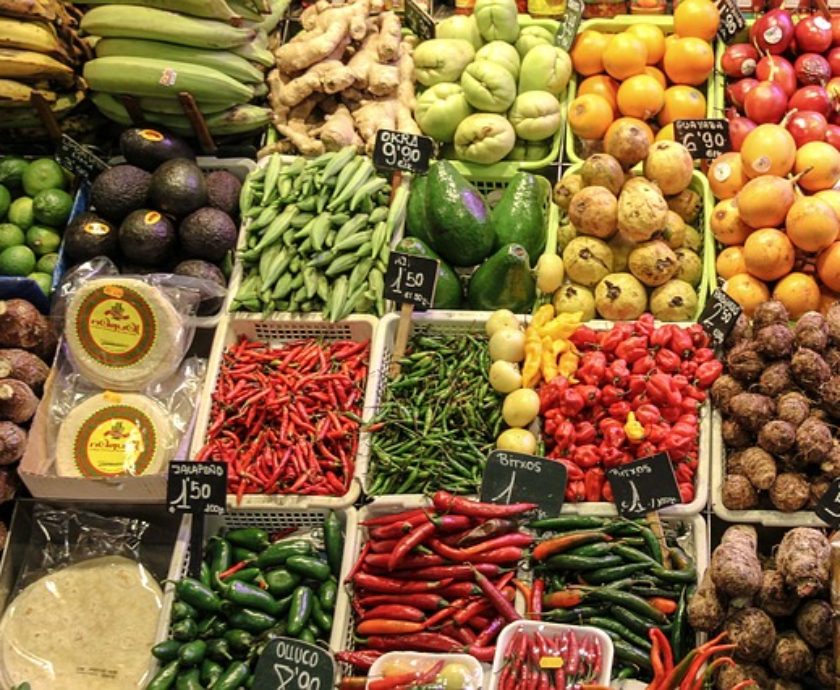From 11th to 14th October 2021, the Department of Nutrition and Food Safety of WHO and UNICEF hosted a week-long series of webinars that explored strategies for improving nutrition through bold actions in health and food systems.
Three of the webinars in this series aligned perfectly with the work that we’re doing to promote healthy drinking habits through our You’re Sweet Enough campaign, so we were delighted to attend to learn more about global approaches which could be applied to our local context here in St Kitts and Nevis.
The three webinars that we attended were:
- Improving Diets Through Fiscal Policies
- Improving Diets Through Labelling and Marketing Restrictions
- Improving Nutrition in Children and Adolescents Through Comprehensive School-Bassed Policies and Programmes
In the first webinar we attended, Improving Diet Through Fiscal Policies, there was a focus on various fiscal measures to improve the diets of the public and thus improve the health of consumers. These measures included taxation of unhealthy products like sugar-sweetened beverages and subsidising healthy products. Taking us through the various measures were speakers from Mexico, South Africa, Kuwait, Saudi Arabia and Portugal who discussed the steps that their countries are taking particularly around the taxation of unhealthy foods. It was interesting to note that Saudi Arabia has introduced a sugar-sweetened beverage tax of 50% on sodas and 100% on energy drinks in order to tackle their very high rates of obesity and NCDs. These SSB tax rates are the highest SSB tax of the countries represented on the panel and have resulted in a significant reduction in purchases of SSBs showing that bold action with fiscal policies can be effective.
.
The second webinar we attended focused on labelling and marketing restrictions. This webinar featured speakers from Saudi Arabia, Mexico, Thailand, France, the UK and Chile who shared their experiences with front-of-package nutrition labelling (FOPL). Speakers touched on mandatory and voluntary approaches to front-of-package nutrition labelling and the effectiveness of FOPL in empowering consumers to easily assess the nutritional value of the foods they purchase. Additionally, speakers highlighted that the public has the right to know what is in their food and we are, currently, violating their human rights, but simple measures like labelling and restricting marketing of unhealthy foods can address this.
Finally, the third webinar we attended focused on creating a healthy school environment through comprehensive school-based policies and programmes. This was a very interesting session providing us with the opportunity to learn about projects being implemented by Ministries of Health and Education in Ghana, India and the Dominican Republic to improve the health and wellbeing of school children. These projects included measures such as providing nutritious meals in schools, health education, nutrition supplementation and disease prevention. Interesting questions were asked about how to reach children who are not in the school system and how to evaluate the impact of such programmes..
These webinars provided us with some good insight on the power of policy in improving the health of populations. In St Kitts and Nevis, the Government is currently working on developing a Federal SSB policy as part of their NCD Action Plan. This includes a collection of evidence-based approaches to reduce the public’s consumption of SSBs. We applaud the Ministry of Health for pushing forward with this policy and as part of our You’re Sweet Enough campaign we’re calling for:
- A fiscal policy to reduce the consumption of sugar-sweetened beverages (an SSB tax)
- The introduction of front-of-package warning labels so that consumers can easily and quickly identify products that are high in sugar as well as salt and unhealthy fats
- The restriction of the sale and marketing of SSBs in and around schools
Through these actions, the Government can begin to address a major risk factor for NCDs and create a healthier environment.
We look forward to seeing the Government’s SSB policy finalized and encourage Cabinet to approve the Ministry of Health’s policy so that we can improve the health of our nation.












